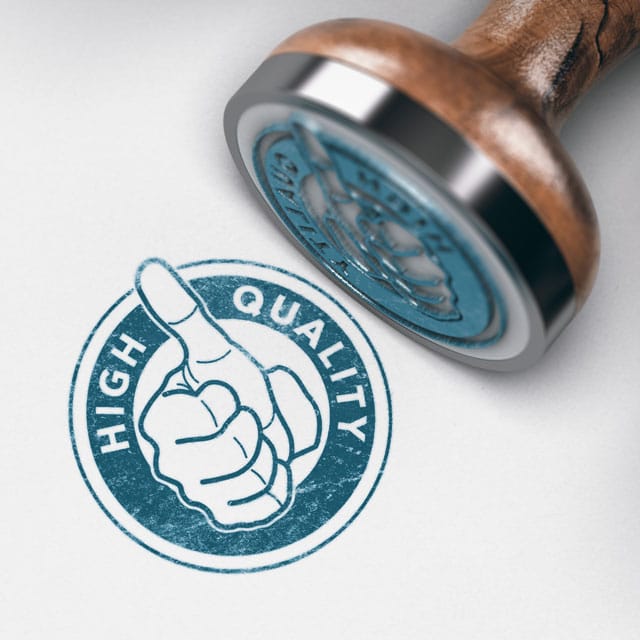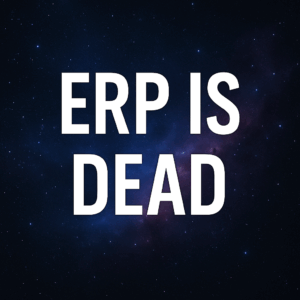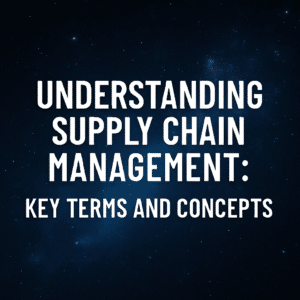SAP S/4HANA implementations are big and complex. With its in-memory architecture and other functionality, the technology can provide potential quantum leap improvements to businesses.
But, many companies have trouble stomaching the transformation from their legacy systems to something so robust and complex. Employees resist the massive changes. Customizations break the system to create problems. Business processes aren’t in sync. Or, project management doesn’t keep the project on track. The pitfalls for these types of projects are endless.
SAP provides the SAP MaxAttention quality assurance project, but this is more focused on the QA for the software. Unfortunately, most problems with SAP implementations extend well beyond technology issues.
In order to address the more common – but harder to solve – problems associated with people and processes, many of our clients hire us to help keep their projects on track. We help provide the guardrails to mitigate risk and to ensure that momentum isn’t lost along the way. It’s a sort of insurance policy for companies that spend millions, tens of millions, or even hundreds of millions on these initiatives.
In our experience providing SAP S/4HANA project quality assurance, we have learned a number of lessons. Many of these lessons also apply to companies about to embark on an Oracle Cloud ERP implementation, Microsoft Dynamics 365 implementation or implementation of other types of ERP software.
Here are five ways to ensure SAP S/4HANA project quality assurance for your organization:
Table of Contents
Toggle1. Spend plenty of time preparing for your SAP S/4HANA implementation
The decision to move forward with an S/4HANA implementation can be exciting. Momentum is strong, employees are excited, and the possibilities are endless. Don’t let those positive aspects of your situation cause you to jump prematurely into implementation without proper preparation. The more time you spend preparing early on, the smoother the implementation will go.
2. Map your business processes and define business process improvements
Most SAP system integrators have a fairly robust process for mapping your business processes to standard software functionality. The problem is that they typically don’t take the time to define how your business processes can or should improve. Instead, they tend to focus on how software will be used to automate current processes. Be sure to take the time to map out business process improvements you expect to see during implementation. This will help with system design, configuration, training, and communication.
3. Develop a strong SAP organizational change management strategy and plan
More than any other work stream, organizational change management will make or break your implementation. Your people need to understand how their jobs will change. They need to understand how they’re going to leverage that sophisticated machine learning or predictive analytics functionality. They need to understand what they are going to do with all the time they currently spend collecting data and massaging spreadsheets. A robust organizational change management strategy and plan has a direct correlation on your level of SAP implementation success.
4. Don’t forget about your culture
Most SAP clients I’ve worked with over the last 20 years implement the software because they want to standardize their operations. They’ve grown up with disparate systems, processes, and data, so they view their SAP project as a catalyst for adopting a more standard operating model across their international operations. This is a massive cultural shift for most. Be sure that you incorporate this important work stream into your S/4HANA implementation plan.
5. Ask for outside help
Chances are that your organization doesn’t implement SAP or enterprise software very often. With each mistake potentially costing millions on projects of this size and magnitude, you don’t have a lot of room for error. Be sure to hire outside third parties that do this every day and have the battle scars to prove it. Third Stage Consulting Group is an independent consulting firm that does exactly that.
These are just a few of the things you can do to ensure your S/4HANA project is successful. A robust project quality assurance framework will provide more detail and mitigate more risk as well.
Learn more lessons and best practices by downloading our white paper 20 Lessons from 1,000+ ERP Implementations.





